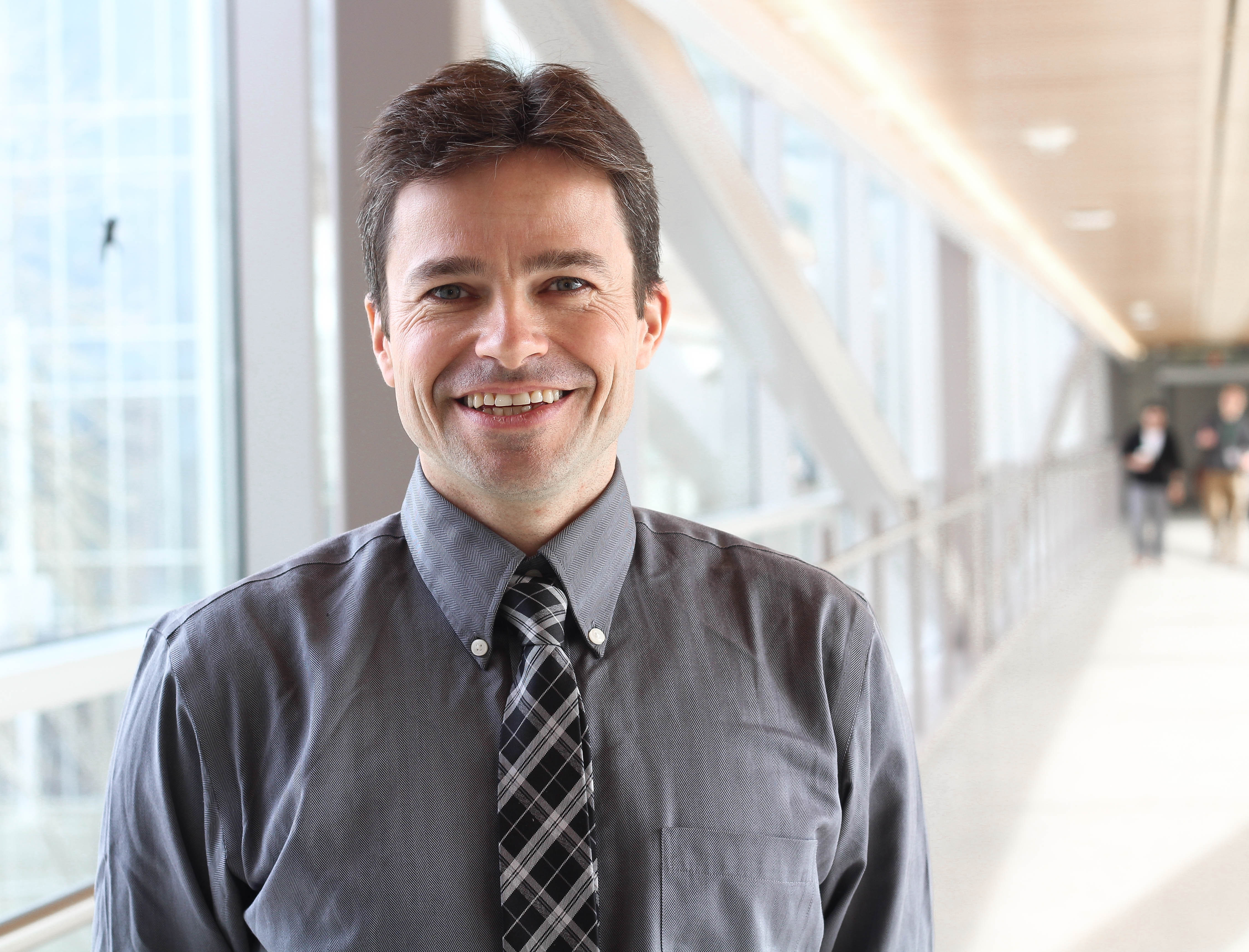
A U of A study led by Michael Hawkes, Women and Children's Health Research Institute member, reveals the deep impact of maternal education on childhood malaria.
"Maternal education has as profound an effect on childhood malaria as hundreds of millions of dollars spent on the leading biomedical vaccine," said Michael Hawkes, assistant professor in the Department of Pediatrics, who worked with a UAlberta team of researchers and the Democratic Republic of Congo (DRC) to examine the issue.
The World Health Organization is currently rolling out in countries across Africa a new vaccine that has an efficacy of about 30 per cent, but children whose mothers are educated beyond the primary level have a 53-per-cent reduction in their malaria rates.
Hawkes says it doesn't take a lot of education to teach a mom how to take simple precautions such as using a bed net and seeking care when a child has a fever. While maternal education isn't a magic bullet by itself, he says it is part of the solution, which will include increased efforts by policymakers to educate girls and women in malaria hotspots around the world.
This study was published in the journal Pathogens and Global Health and funded through the Association for Health Innovation in Africa and the Stollery Children's Hospital Foundation, through the Women and Children's Health Research Institute.